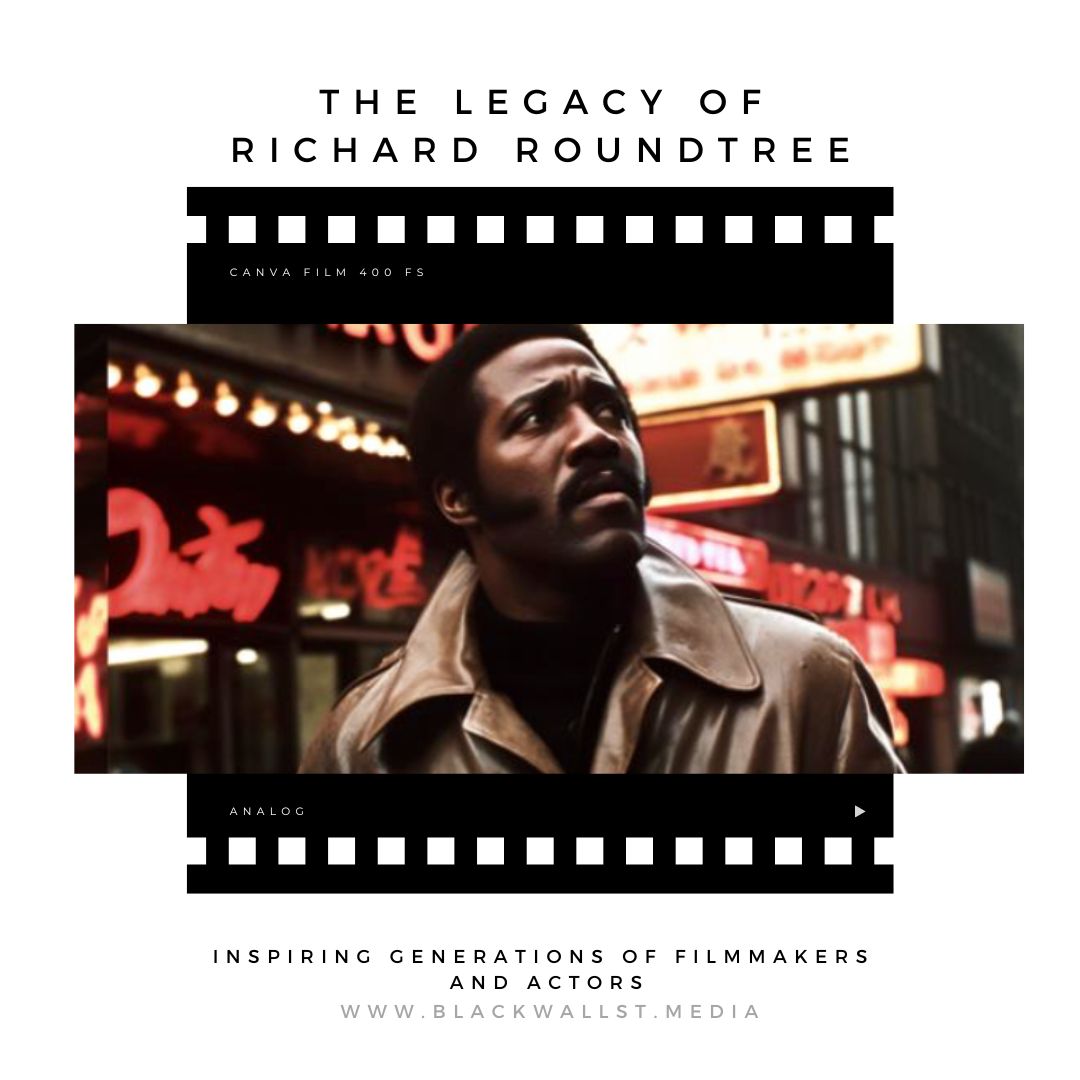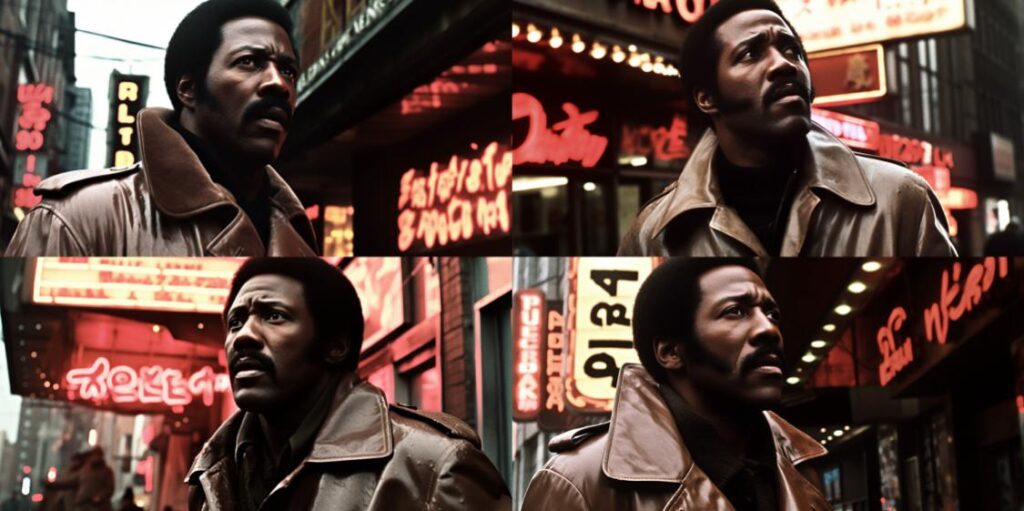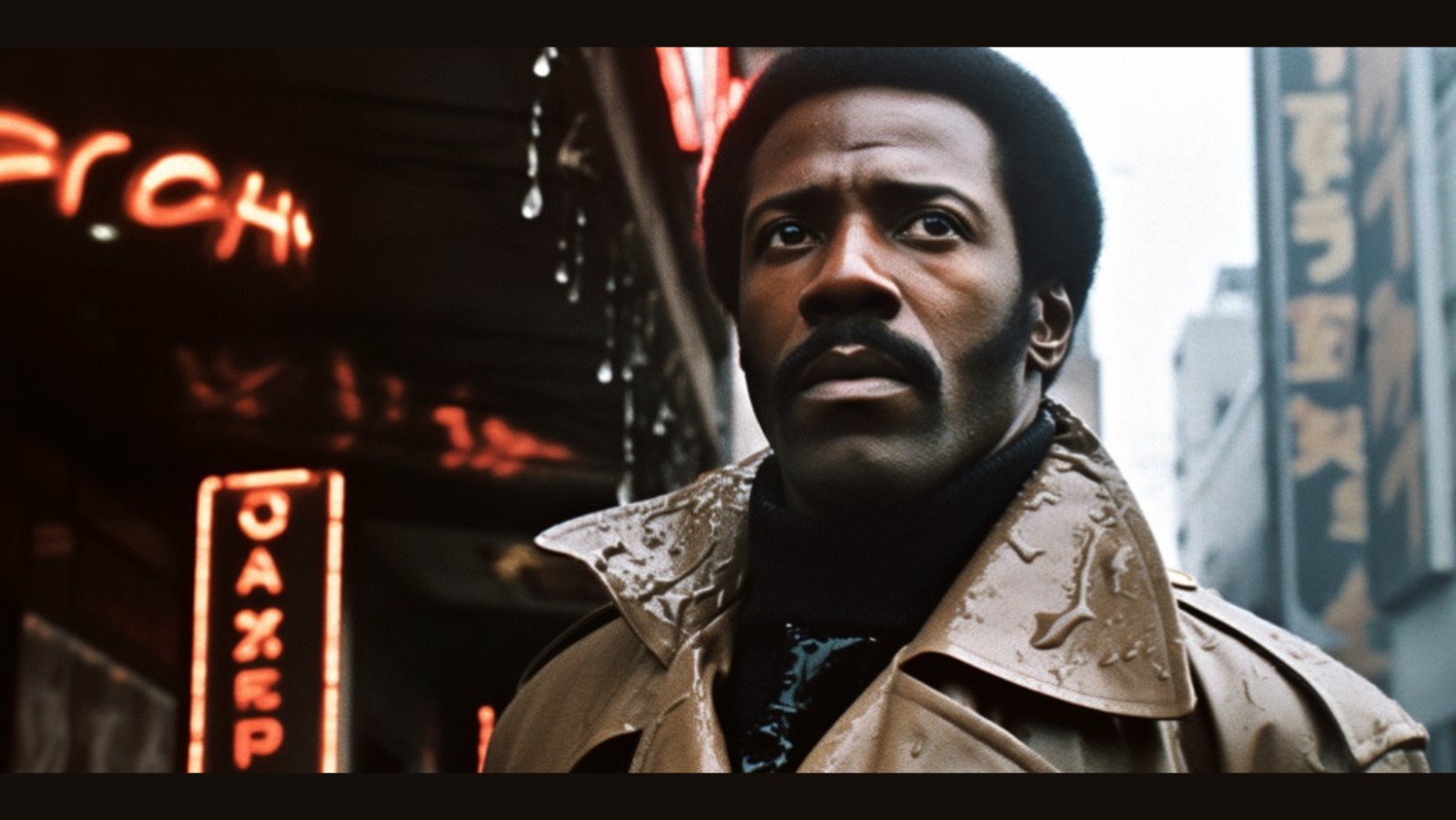Film and Entertainment
The Legacy of Richard Roundtree: Inspiring Generations of Filmmakers and Actors
“Dive deep into the world of the trailblazing actor, Richard Roundtree! From his iconic roles to his unmatched influence on Black cinema, join us in honoring a true Hollywood legend.”
Black Wall St. MediaContributor

The Legacy of Icons like Roundtree: Inspiring Future Black Filmmakers and Actors
The legacy of legendary icons, such as Richard Roundtree, best known for his iconic role in the 1971 film “Shaft,” carries a weight that resonates deeply within the corridors of the entertainment industry.
For many in the Black community, Roundtree wasn’t just an actor; he was a symbol of a cultural shift that was beginning to take shape.
But how does this legacy influence the next generation of Black filmmakers and actors? Furthermore, what can the contemporary entertainment world glean from the blaxploitation era in terms of storytelling and representation?
The Roundtree Influence
Richard Roundtree emerged at a time when Black actors were significantly underrepresented in mainstream Hollywood. He wasn’t just an actor; he was a movement.
Through characters like John Shaft, Roundtree projected the image of the assertive, independent, and unapologetically Black hero – a character who was both of the streets and above them.
For the next generation of Black filmmakers and actors, Roundtree’s legacy serves as a reminder that representation matters. Characters can challenge stereotypes and redefine the narrative associated with Blackness.
Today, many actors cite Roundtree as a significant influence, as they see in him the power of taking charge of one’s narrative, of pushing boundaries, and of representing with authenticity.
Lessons from the Blaxploitation Era
The blaxploitation era, while controversial, brought forth a slew of films tailored to urban Black audiences, spotlighting Black protagonists who were often anti-establishment and showcased strength, both physical and moral.
- Authentic Representation: One of the most crucial lessons from this era is the importance of authentic representation. The stories were about Black individuals, told from a Black perspective, something that was incredibly novel at the time. Today’s filmmakers should continue to prioritize authenticity, ensuring that stories from diverse communities come from a place of understanding and genuine experience.
- Breaking Stereotypes: While some criticize blaxploitation films for reinforcing certain stereotypes, there’s no denying that they also played a part in breaking many. Characters from this era showed that Black protagonists could be multi-faceted, powerful, and independent. Contemporary cinema should take heed, ensuring that characters of all backgrounds are rich, varied, and complex.
- Economic Power of Diversity: The blaxploitation era also proved that there’s an audience – and therefore, a market – for Black-led films. This realization should push today’s entertainment industry to invest more in diverse storytelling, understanding the economic and cultural value it brings.
Looking Ahead
As we move forward, the impact of icons like Roundtree remains palpable. His legacy, and that of the blaxploitation era, serves as both a reminder of how far we’ve come and an inspiration for the journey ahead. For the industry to truly evolve, it needs to absorb these lessons, celebrating diversity in both storytelling and representation, ensuring that the tales told on screen genuinely mirror the rich tapestry of our society.

The Legacy of Richard Roundtree
Black Wall St. MediaContributor











